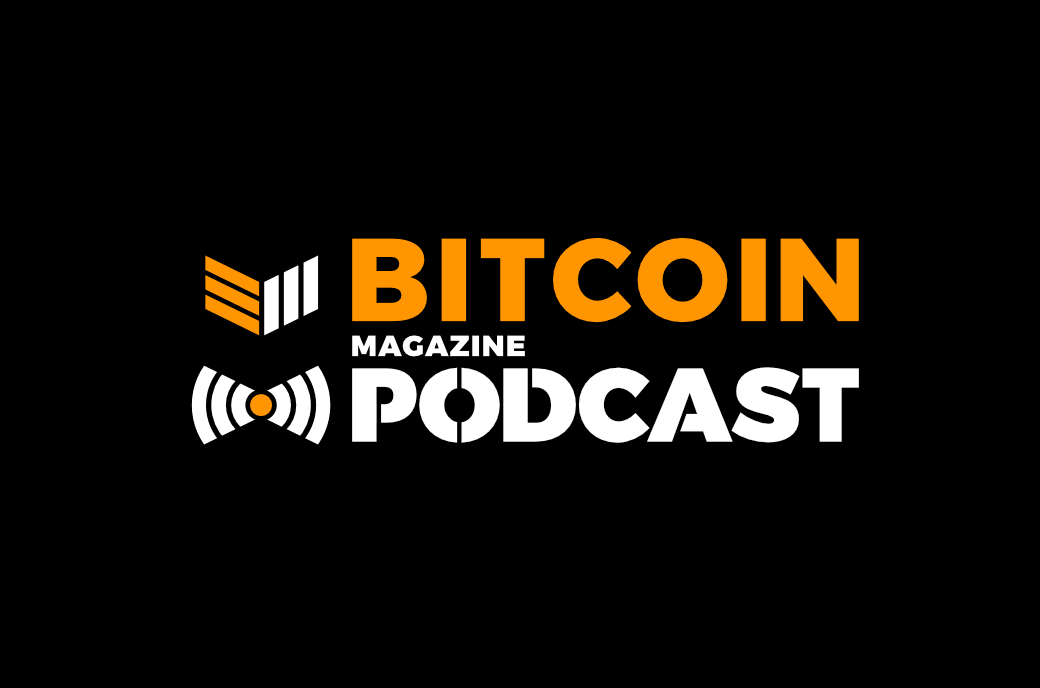What Does Coinbase’s Listing Mean For Bitcoin?
Coinbase’s direct listing legitimizes bitcoin in the global financial, legal, and political landscapes.
The financial press will cover the Coinbase story from many angles. However, the greater conclusion to garner from this chronicle in Bitcoin’s history is the following: Coinbase’s direct listing further incorporates Bitcoin into the worldwide financial landscape and will act as a deterrent to any potential future U.S. government action against Bitcoin, such as a ban. Ultimately, this listing represents an important step towards the legitimization of bitcoin as a mainstream financial asset.
Coinbase is not without controversy in the Bitcoin space, and some prominent Bitcoiners certainly have reservations regarding some of Coinbase’s practices as a company. One of the more troubling situations regarding Coinbase is the company’s close ties with the U.S. government, as evidenced by its sale of a proprietary surveillance tool named Coinbase Analytics to both the Drug Enforcement Administration and the Internal Revenue Service. Although cooperating with the government is a necessary evil of a regulated cryptocurrency exchange, it would be to Coinbase’s advantage to push for stronger privacy rights for Bitcoiners, as doing so would shore up the company’s reputation among the very demographic that is responsible for its success.
Bitcoiners’ other bones of contention with Coinbase include the company’s marketing of altcoins to its customers and the fact the organization holds a trivial amount of bitcoin on its balance sheet relative to its market capitalization. Bitcoiners would welcome more Bitcoin-centric decisions by Coinbase that keep the firm more in line with its Bitcoin roots; accordingly, placing a bigger bet on Bitcoin by increasing its bitcoin holdings would be well-received. To summarize, Coinbase CEO Brian Armstrong should never forget that Bitcoin has played a large part in the company’s success and will be a key driver for its future successes.
All differences aside, Coinbase receiving the SEC’s blessing for a public listing represents a paradigm shift for Bitcoin’s adoption, especially in conjunction with the seemingly looming approval of a Bitcoin ETF. With this listing, Bitcoin is becoming entrenched in the financial system with the government’s approval. The positions of prominent U.S. government economic officials regarding Bitcoin are still antiquated (and some would argue antithetical to the spirit of American liberty), but it is far less likely that the government will seek a bitcoin ban after this Coinbase direct listing has occurred. Bitcoin cannot actually be banned, as it is simply computer code that stores information; however, even a symbolic ban of Bitcoin by the U.S. would certainly be a major setback for its adoption. Any event that makes a Bitcoin ban in the U.S. less likely is a positive event for Bitcoin, and this Coinbase listing appears to do just that.
As for how the Coinbase listing could affect the price of bitcoin, it may be best to think conservatively. The price of bitcoin might respond positively if Coinbase’s stock price soars, but the day-to-day trading of Coinbase stock is unlikely to have a direct, outsized impact on the bitcoin price. If anything, Coinbase’s share price could track the bitcoin price to a degree, but far less so than that of a bitcoin mining company or MicroStrategy, as Coinbase holds a negligible amount of bitcoin on its balance sheet relative to many other companies that hold a bitcoin treasury.
Moreover, if you buy Coinbase shares, much of what you are buying is the company’s performance as a financial intermediary. According to Coinbase’s S-1 filing, the company does not intend to issue a dividend “for the foreseeable future,” and therefore, investors are speculating that Coinbase’s core business performs well enough to warrant appreciation of the share price, as shareholders are unlikely to be given access to any of Coinbase’s cash flows anytime soon.
To further clarify the trading aspect of Coinbase stock, buying shares of Coinbase as a bitcoin proxy trade, as some do with MicroStrategy, would be inefficient (really, both companies’ stocks are inefficient bitcoin vehicles), as Coinbase does not hold a considerable amount of bitcoin relative to the company’s size. Therefore, the amount of bitcoin attributable to each share is negligible and would likely trade at a high premium relative to the spot price.
Bitcoin maximalists may have their qualms with some of Coinbase’s business practices, especially with regard to the organization’s privacy practices and their foray into altcoins. However, these qualms aside, the Coinbase direct listing is positive for Bitcoin because it further ingrains Bitcoin into the existing financial infrastructure and makes heavy-handed government action against Bitcoin less likely. In 12 short years, bitcoin has gone from an obscure novelty of the internet to a trillion-dollar asset that is responsible for the meteoric rise of what will become a major publicly traded U.S. firm. No matter how you feel personally about Coinbase as a corporation, this moment is a major milestone in Bitcoin’s journey to revolutionize the world of money.
This is a guest post by TennHedge. Opinions expressed are entirely their own and do not necessarily reflect those of BTC, Inc. or Bitcoin Magazine.









